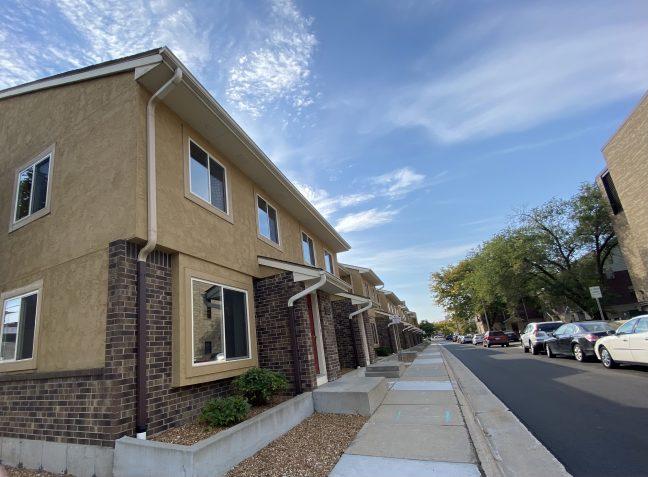Jewish Social Services of Madison received $250,000 in federal funding last week.
This funding will be used to help rehabilitate refugees and immigrants, and to provide housing support, JSS Executive Director Yael Gardner Mishlove said. This is the first time the JSS has received funding from the United States Department of Housing and Urban Development.
Mishlove said the funding will be helpful in connecting new families to affordable housing.
“$250,000 is a huge asset for us and the communities we’re serving because Madison has a lack of affordable and available housing, so this is really going to assist us in supporting families who normally may not be able to afford housing in Dane County,” Mishlove said.
Dane County has been in a housing crisis since early this year, leading county officials to encourage residents to complete a housing survey with their thoughts on how to best address the issue.
The JSS’s goal is to uplift communities with Jewish values and help them achieve self sufficiency, which includes assisting families in navigating barriers like housing costs — though Mishlove said the families that the JSS is helping do not have to be Jewish.
“We empower families and individuals across generations and cultures and build community and self sufficiency, and we have a commitment to the Jewish community and we’re inspired by Jewish values, but you do not have to be Jewish to receive the services we provide,” Mishlove said.
Other services the JSS provides include short-term and long-term case management, spiritual care and refugee resettlement, and it is all done through a Jewish lens with Jewish values, Mishlove said. These values include caring for the vulnerable, caring for the sick and welcoming the stranger.
The JSS is connected with immigrants and refugees by being an affiliate of the Hebrew Immigrant Aid Society, Mishlove said. HIAS sends refugee families to the JSS to resettle them in the Madison area.
HIAS has resettled over 6,000 people across the United States in the 2022 fiscal year.


